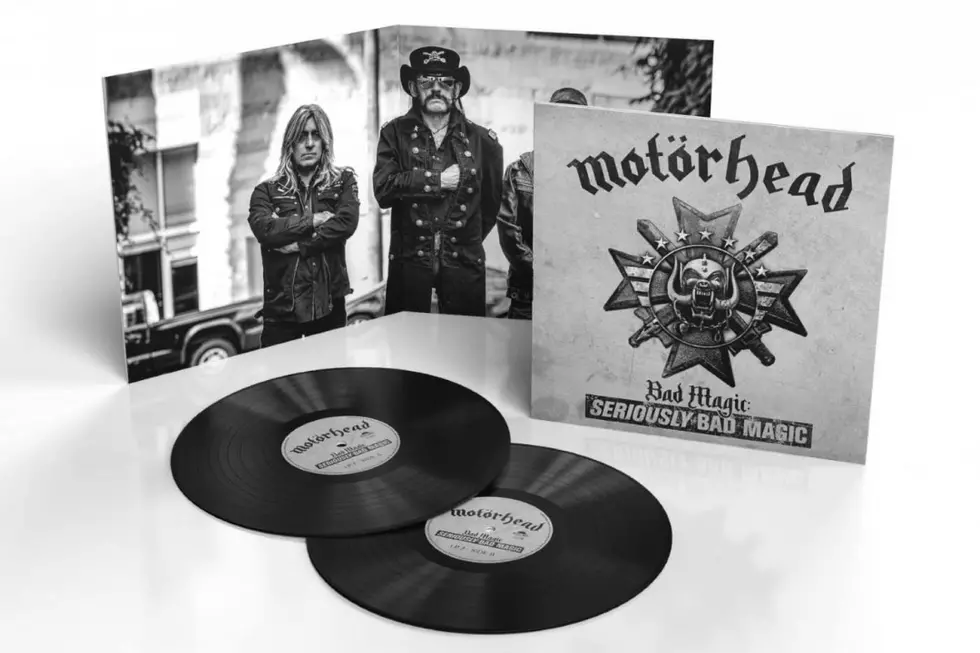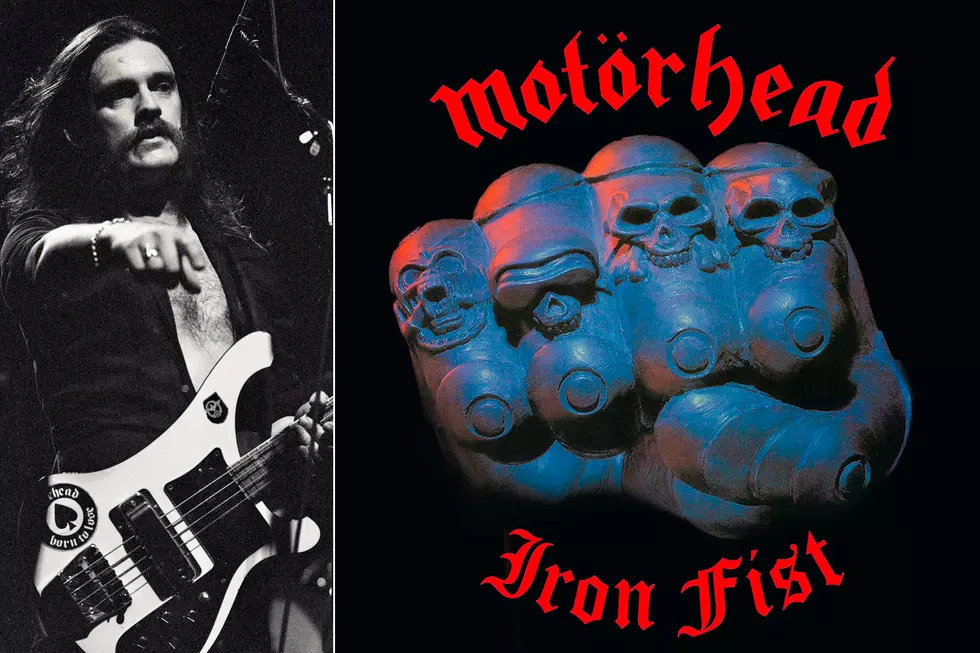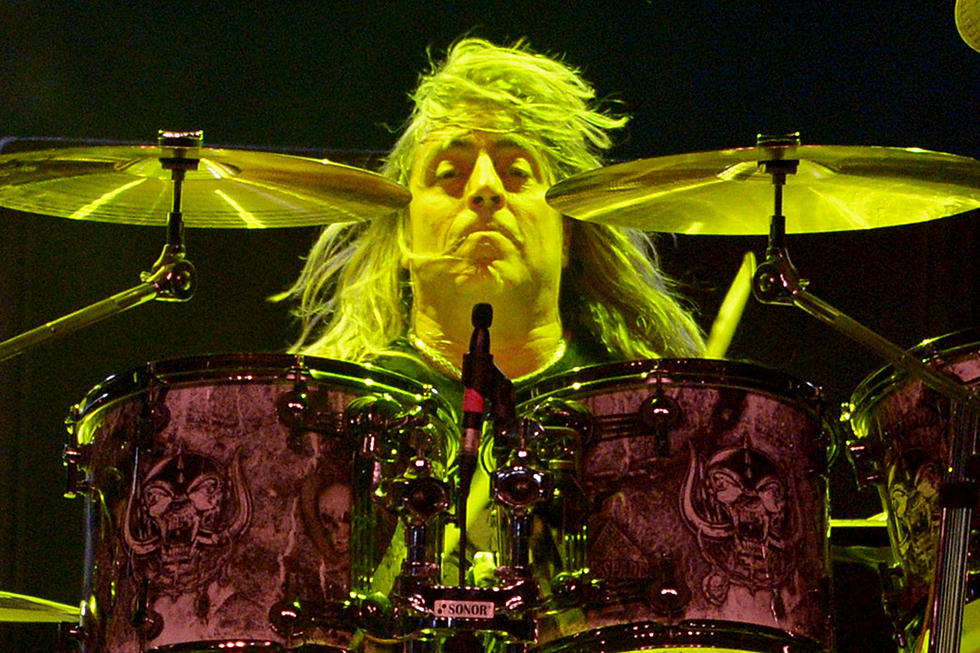
When Motorhead Returned as a Power Trio on ‘Overnight Sensation’
Despite having already released a dozen albums over their two decades together, Motorhead were as strong as ever in the mid-'90s. Projects such as 1991's 1916 and 1995's Sacrifice had already proven that founding frontman Lemmy Kilmister and company had lost no fire, and with 1996's Overnight Sensation, the band delivered one of their finest slabs of the decade.
With the post-Sacrifice departure of guitarist Michael "Würzel" Burston, Overnight Sensation found Kilmister, drummer Mikkey Dee (who joined in 1992) and guitarist Phil Campbell (1984) abandoning the four-piece lineup they had employed for the past decade, and returning to the group's roots as a power trio. This three-piece lineup would become Motorhead's most stable, remaining intact until Lemmy's death in 2015.
The album's tongue-in-cheek title proved the hard-working, commercially underappreciated band's sense of humor was as sharp as ever. But Overnight Sensation's cover art - featuring a simple photograph of the group instead of the their famous mascot Snaggletooth - strongly reflected the no-nonsense approach of the music inside.
"Civil War" is another one of the band's typically awesome opening tracks, kicking things off in traditional Motorhead fashion. Before the smoke has cleared, "Crazy Like A Fox" blasts in showing the band have lost not one sliver of power or attitude. They shift gears a bit on "I Don't Believe A Word," which features an almost spoken word-delivery from Lemmy in the verses of the song, somewhat reminiscent of his approach on the old Hawkwind song "The Watcher." With lyrics that are dark, powerful and personal it's one of the album's strongest tracks.
This Oct. 15, 1996 release's title track also certainly ranks among their finest, with its head-banging rhythm, slashing guitar and strong melody. The use of driving acoustic guitar mid-song adds an unexpected element that works perfectly, setting it apart from the band's expected formula.
Motorhead gel perfectly together throughout, something guitarist Phil Campbell made note of in a 1996 interview. "We just want what's right for the band," he told Chronicles of Chaos. "Lem's never once said anything like you have to play this part, you have to play like this and that. It's a very democratic thing, he's never controlled us. If me and Mikkey vote not to do something, he'll go along with that. I got to give a lot of credit to Lem for that: He's good as gold man; he's fucking brilliant."
The album's finest moment, however, comes with the final song, "Listen To Your Heart." This is, in many ways, the true essence of Motorhead's spirit. The song takes a very traditional rock and roll approach, almost Buddy Holly-esque in its arrangement, with a very dominant acoustic guitar again driving the song. Harmonies are added in to make this perhaps one the band's most "pop" moments, but without giving up their full-throttle style.
It proved to any non-believers, once and for all, how versatile Motorhead could be – without ever losing their identity.
Top 50 Classic Heavy Metal Albums
Remembering Motorhead's Lemmy Kilmister
More From Ultimate Classic Rock









